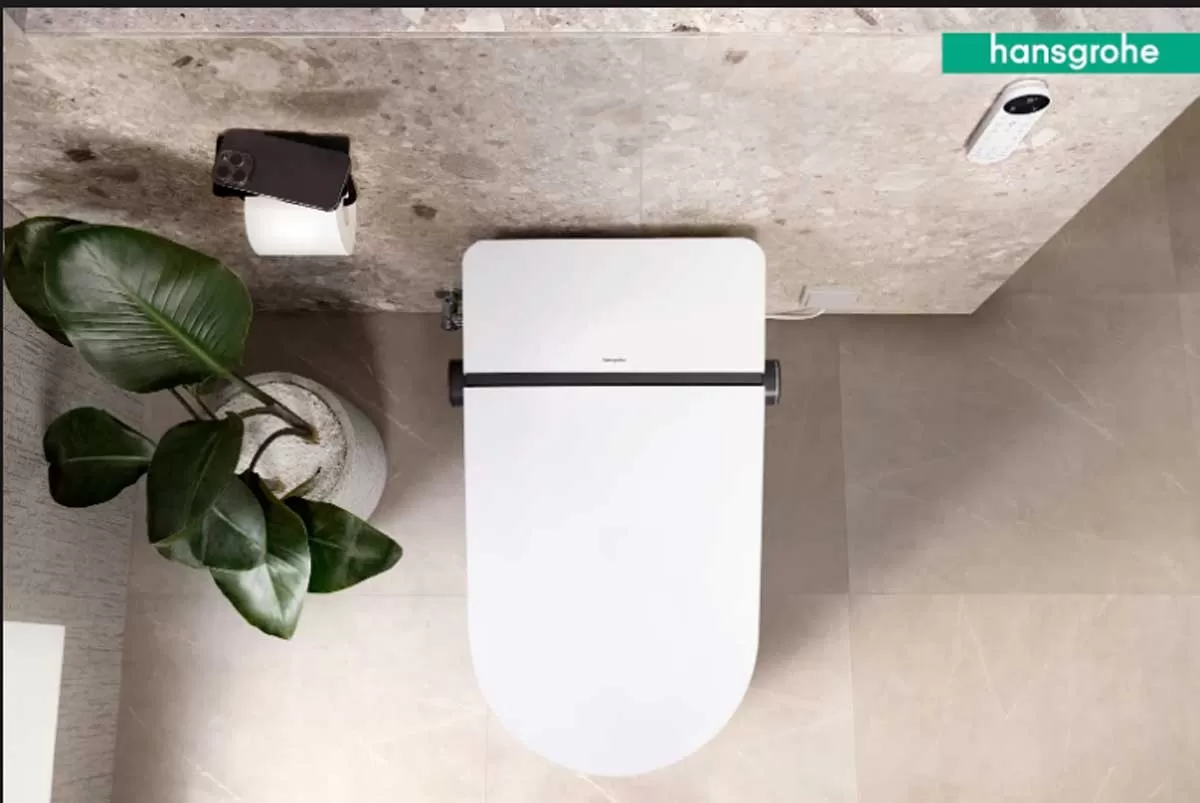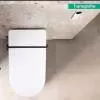Polymer based soil stabilisation for road construction reduces costs and saves time.The traditional methodology of building layered roads and sealing them with wearing course seal has been proven for over 2,000 years, dating back to the Roman Empire.Further stabilisation of the base layer with cement gave roads strength and longevity. However, very little progress has been made in the past 100 years in reducing costs associated with using borrow-pit or quarry materials for road construction. Severe environmental damage is caused by extracting aggregate from borrow-pit sand quarries. Even with borrow-pits being levelled or filled, the evidence is always there. Many countries are limiting the use of aggregates from borrow-pits and quarries; they are encouraging the use of alternative materials such as waste materials, slag or in-situ materials in the design of roads.
Polymer based soil stabiliser is a cold-mix technology that makes minimal usage of scarce natural resources, machinery and equipment. When it is sprayed on soil and then compacted, it results in the formation of a stronger pavement compared to the conventional method. It reduces the total number of layers from a minimum of three in the conventional method to one layer (varying from design to design).
What is a polymer?A polymer is a group of many monomers or units that combine to form a platic like bulk. Made of multiple chains, the microscopic properties and binding strength of polymers is determined by the nature of these chains. Soil Tech polymers are hydrophobic; hence, they do not dissolve in water. Water merely acts as a transport mechanism to assist the polymer in lubricating soil particles. Once the water dissipates, the Soil Tech polymer will operate between 1,000°C and –50° C.
Years of R&D have resulted in Soil Tech being used as a combination of nanotech polymer molecules, mainly in two sizes: 5µm and 0.1µm. The 5µm polymers bind the aggregate in the base layer, while the 0.1µm nano-polymers migrate deeper into the sub-base layer, thereby stabilising another layer. This dual nano-technology is unique to Soil Tech.
How it works!The polymer based soil stabiliser, mixed with water, is sprayed into the soil.On compaction, the polymer molecules bind with soil particles. With running traffic, these atoms bind tighter together as water molecules evaporate and the road becomes stronger.Tests show the increased structural strength of polymers over time. Owing to this flexibility, the surface does not become brittle.
Important factors before applying•Adequate representative soil samples should be taken and tested.
•Geo-technical report (F51, LL, PI, MOD, OMe, gradation & CBR) of the carriageway must be stabilised.
•In case of formation, gradation should be checked and the CBR and PI of the soil should be used for the sub grade.
•Plasticity index of the original ground or material to be stabilised should be established.
•Incase PI is not between 5 and 15, the material should be modified by adding clay or aggregate.
•OMe and eBR and maximum dry density of soil must be established to ensure optimum compaction.
ApplicationsAsphalt roads: These polymers are ideal for stabilising base and sub-base layers. In most instances, the in-situ soils in the area can be used for stabilisation. In such instances, the road is opened to heavy traffic within 72 hours after construction given that additional traffic assists in dissipating the water in the base and sub-base, thereby speeding up polymer binding and structural strength. After checking moisture content, prime coat applications and bituminous wearing course are undertaken.
Rural roads (sealed or unsealed): Soil Tech is ideal to provide a tough base layer. Cost effective aggregate seals can be applied as a wearing course. If rural roads are left unsealed owing to financial reasons, a light polymer binder can be sprayed over the existing stabilised road as an interim measure.
Railway embankments: Soil Tech stabilises the railway embankment or base to its best requirement of load-bearing capacity of the tracks. It also forms flexible base and sub-base layers, providing excellent strength for shipping yards, container depots, helipads, airstrips and parking lots.
Benefits of polymers The use of high tech polymer additives for road stabilisation can bind waste materials into load bearing layers for the road's base or sub-base. Strength parameters used for design and construction, like resilient modulus and unconfined compressive strength (UCS) tests, show substantial increases even after seven days of curing.
Polymer stabilised pavements can exceed international standards such as IRC, AASHTO, ASTM and BS codes on load bearing capacities for the specific road design.
About the CompanyIndia Polyroads Pvt Ltd manufactures high-quality polymer stabilisation products for road construction in collaboration with Polymer Pavements, South Africa
If you have a new and innovative technology to share, email us at
feedback@ASAPPmedia.com

















